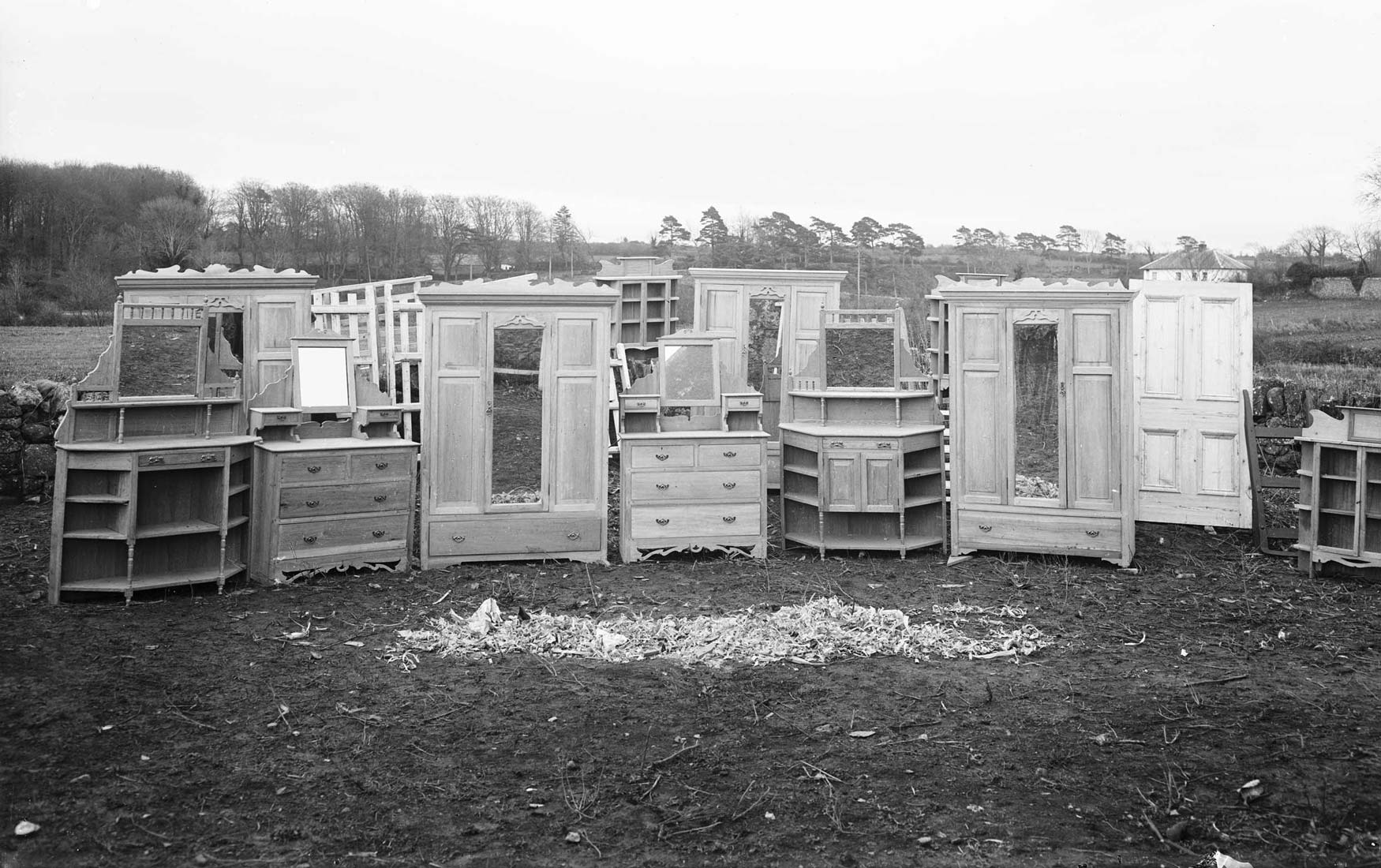Wage demands lead to strikes in Cork and Kerry
Cork, 7 April 1917 - Wage demands by workers across the building trades have led to a series strike actions in the Munster region.
In Cork, where the masons’ and plasterers’ societies have taken strike action, the scale of the wage increases sought ranges between 6s and 9s a week. In response, the builders have signalled a willingness to concede to some, though not all, of the strikers’ demands: in respect of the masons, for instance, they have indicated a willingness to grant a war bonus of 3s a week subject to a number of unspecified conditions.
The actions of Cork’s masons and plasterers are rooted in concerns around increased living costs and they arise at a time when another dispute - between the Cork Carpenters’ Society and the Builders’ Federation - looks set to worsen in the absence of mediation. Despite reports of an improved atmosphere between the two parties, at meeting of the Carpenters earlier this week, arrangements were made for further action to be taken should the strike continue.
Historian Niamh Puirséil on the impact of the First World War on the Irish trade union movement
The current industrial unrest is not confined to Cork. In neighbouring Kerry, a recent strike action involving members of the Carpenters’ Society at Donovan’s Ltd in Tralee has escalated into a ‘lockout’ of workers. The strike, which arose over the non-payment of a promised war bonus, appeared to have been settled when the both the carpenters and Donovan’s Ltd agreed that the men would resume work on their old work conditions until such time as the Board of Trade had decided upon the issue of the war bonus. 12 of the 25 men who had been on strike returned to work on those conditions, but of all them have been subsequently dismissed for unsatisfactory performance, the company alleging that not enough work was being ‘turned out’ by the men in question.
The Tralee Branch of the Society of Carpenters and Joiners has claimed that their members have been ‘locked out’ by their employer motivated by, in part, a hostility towards unions. Furthermore, the Society has claimed that ‘no men have suffered more under war conditions than the men of the building trade. The rises in building material have grown so excessive that people would actually leave their buildings to fall before they would repair them: consequently for the carpenter it meant complete idleness.’
The Society also noted that when the British government started placing munitions orders with Irish contractors, it did so on the understanding that a fair wage clause would be observed, the wages to be determined by the conditions prevailing in each locality. It was impossible for men to live on the same wages as they received prior to the war and that’s why the war bonus was so crucial to the Society’s members. ‘Is there any reason’, the Society has asked, ‘why men who have been hardest hit by the war and for whose benefit principally Munitions works were established here should not get that bonus?’
[Editor's note: This is an article from Century Ireland, a fortnightly online newspaper, written from the perspective of a journalist 100 years ago, based on news reports of the time.]





















